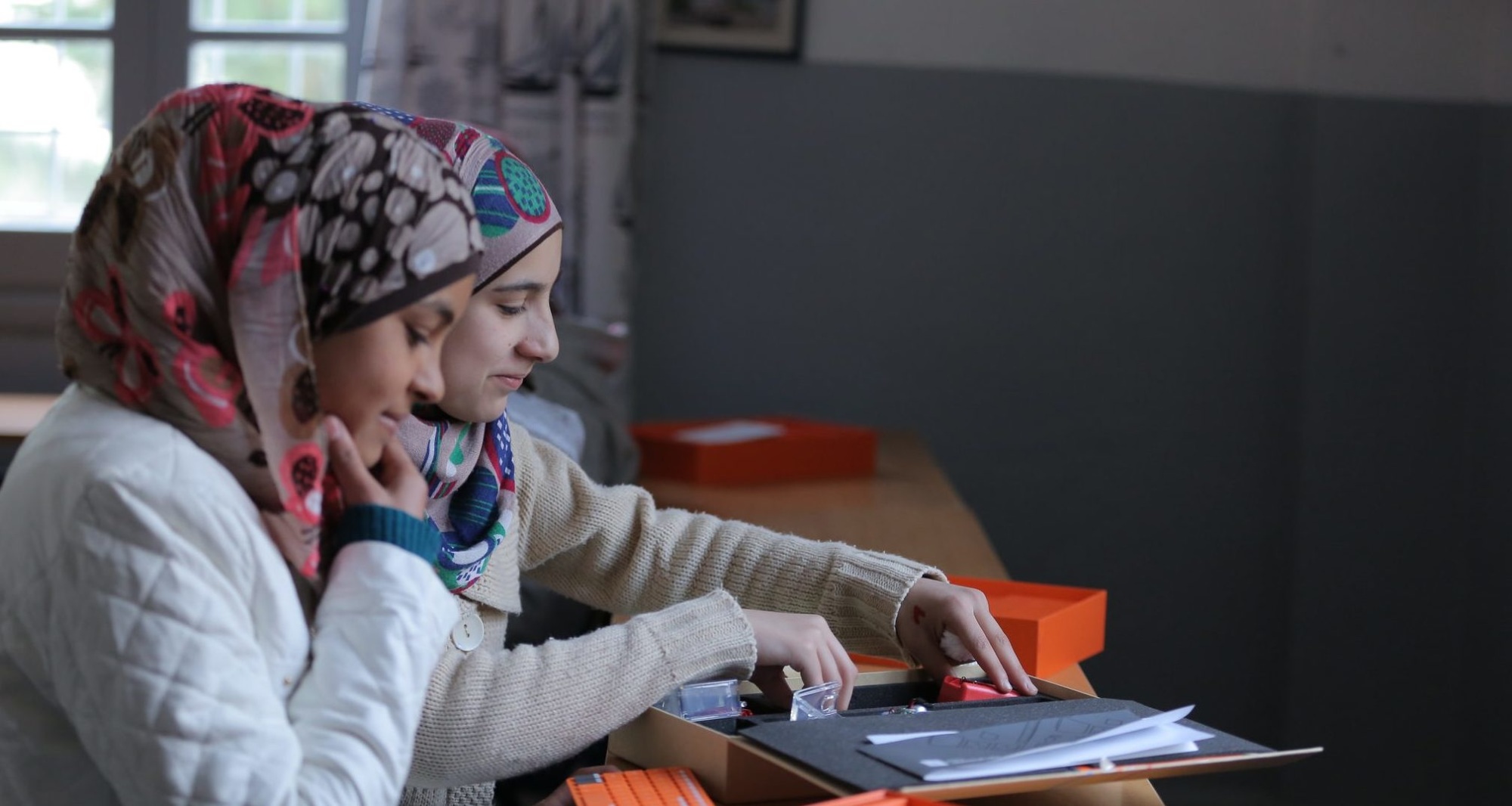Davos: There is no future without youth employability

Photo © Kano
Starting today, world leaders are convening for the 48th World Economic Forum (WEF) in Davos, Switzerland. A week ago, WEF released its annual “Global Risk Report” – highlighting the economic, environmental, geopolitical, societal, and technological risks facing the world at-large. One risk in particular is youth unemployment/underemployment, which was characterized as an economic risk, but really has the ability to impact almost every other risk outlined in the report. The International Labour Organization (ILO) estimates that there are 71 million unemployed 15-to-24-year-olds around the globe.
As a result of the lack of work experience and income, young people are becoming increasingly more vulnerable to long-term poverty with no hope in sight. They not only lack economic opportunities but also the necessary skills to receive or retain adequate employment. That gap will only widen as long as there are hundreds of millions of children who never receive even a primary school education – or if they do, the quality is so poor they don’t learn anything substantial enough to take into the real world. Although youth employment or unemployment is normally analyzed in a silo, we can’t overlook the long-term implications, especially as it has much harder consequences for our most marginalized communities.
Just two years ago, the United Nations announced the Global Goals. Quality education topped the list at number four due to the clear understanding that education is one of the smartest investments that any country and or business can make. Education is the only applicable solution to preventing the world’s largest generation of youth from unemployment, poor health, civil unrest, child marriage, and other vulnerabilities. Despite that, work is still required to place young people in a position to effectively participate in society.
If WEF is going to live up to its theme for Davos 2018, “Creating a Shared Future in a Fractured World”, it can’t do so without the business community and world leaders; it must place education as a focal point to prevent the other risks outlined in the report. The business community has to stop seeing education as a government issue or as just as an opportunity for charitable donation that they can write off at the end of the year. Quality education is not only a right, it’s a sound business investment, one that helps to guarantee there will be no shortage of qualified workers and it will help prevent the creation of more vulnerable populations.
Davos is notorious for hosting some of the world smartest, richest. and connected people. The talent and power needed to solve the youth skills gap will be there – all they need is the political will and a collective sense of responsibility that we have to create a world where current and future generations are primed to reap the benefits of a boosting and global economy.
